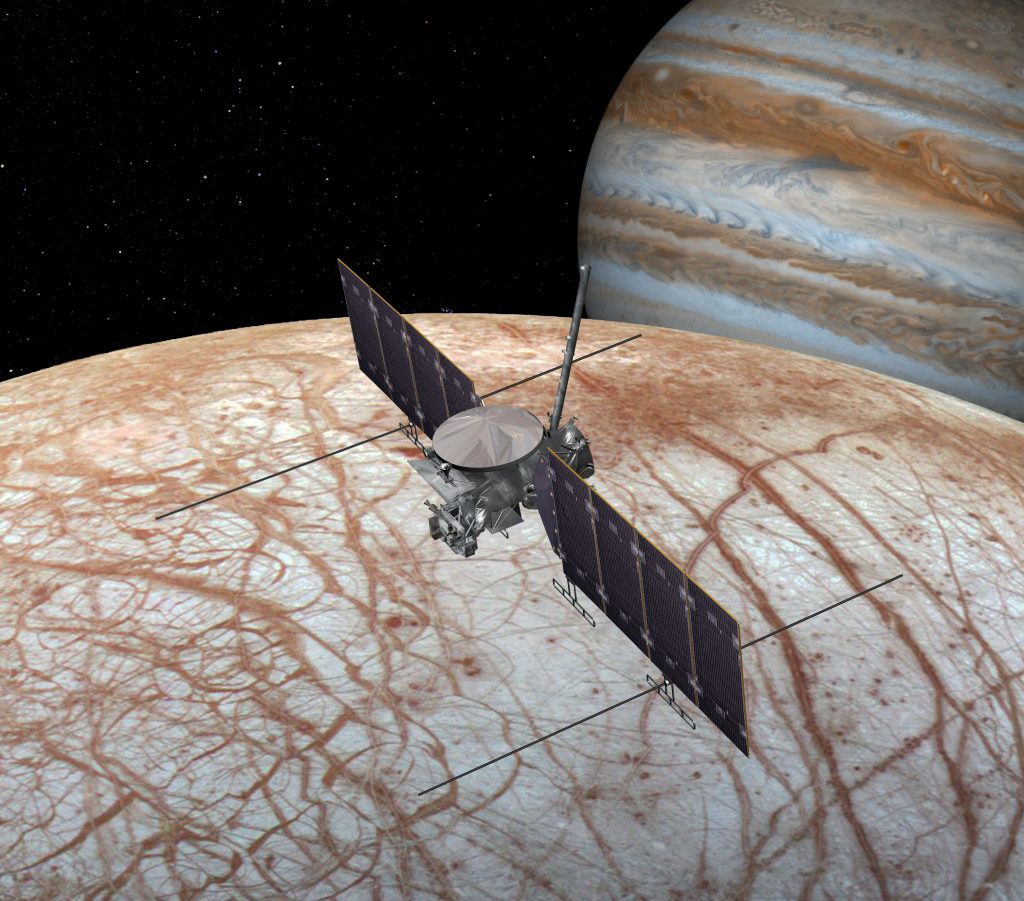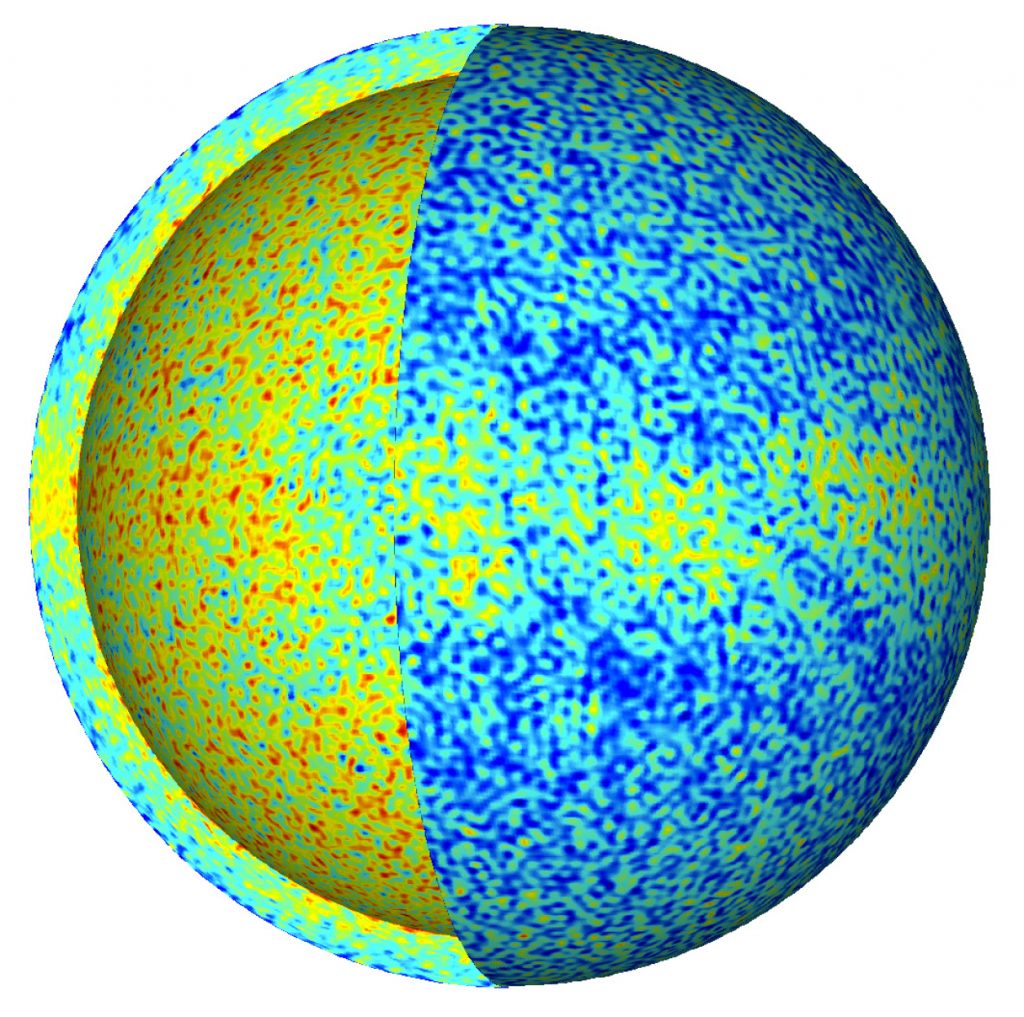



A Distinctive Approach to Polar and Planetary Geophysics
Scientists at the University of Texas Institute for Geophysics (UTIG) employ space-based, airborne, land-based, and marine geophysical methods to better understand ice sheet evolution, climate, and geologic processes in the polar regions. Our scientists devise and implement investigations that use cutting edge tools and field campaigns to monitor current oceanographic, glacial, and ice sheet processes, to determine past rates of polar geological evolution, and to predict how elements of the polar Earth system will evolve in the future.
By taking a distinctively geophysical approach to studying planetary systems, UTIG scientists are building the scientific and technical foundations to lead the next generation of geophysical planetary missions, instruments, and discoveries. UTIG researchers study planetary systems via the tools of terrestrial analog field programs, geophysical modeling, and mission science. With a breadth of research areas ranging from planetary ionospheres to planetary cores, including a strong focus on the cryosphere/hydrosphere, impacts, and deep interior, UTIG specializes on problems relating to Mars, icy satellites, and giant planets.
UTIG researchers seamlessly transfer technologies, tools, and approaches from polar science to bring new insights to planetary exploration. This interplay between expeditionary polar science and planetary missions and data analysis also allows planetary discoveries and technologies to feed back into the development of new tools and new understandings of Earth system processes.
Learn more about our researchers and students studying polar regions and planetary systems.

TERMINUS: Studying Greenland’s Underwater Glacial Walls
In summer 2024, scientists from the University of Texas Institute for Geophysics and partner universities set sail to conduct the first ever underwater exploration of three of Greenland’s glaciers.

UT Cryosphere
Our cryosphere research crosses disciplines, schools, departments and research centers at The University of Texas at Austin.

REASON: An Ice Penetrating Radar for NASA’s Europa Clipper
On Oct. 14, 2024, NASA’s Europa Clipper launched atop a SpaceX Falcon Heavy rocket bound for Jupiter’s moon Europa on a mission to explore the icy moon’s potential to harbor life. Among the instruments the spacecraft is carrying is an ice penetrating radar sounder named REASON, developed by researchers at the University of Texas Institute for Geophysics.
